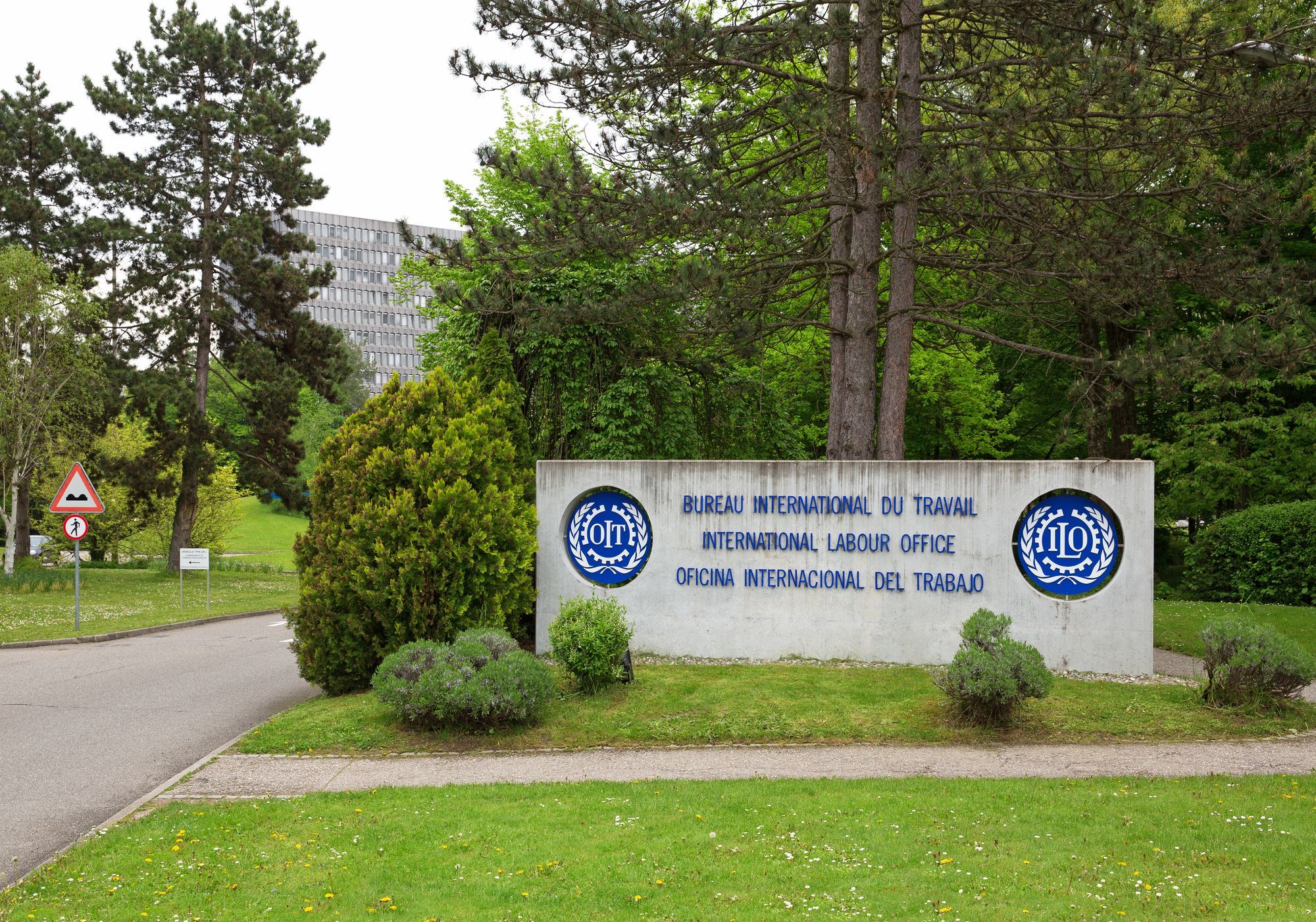Seized by the ILO, the International Court of Justice Will Rule on the Right to Strike. Why Did China and Russia Oppose the Move?
History is full of ironies: on the surface, you might expect the two largest communist economies of the world, China and Russia, to protect the rights of workers. A vote last week at the International Labour Organisation’s Governing Body (GB), the UN specialized agency’s executive body, illustrated they don’t. (In fact, as UN Special Rapporteurs and labour activists have repeatedly denounced, they often crack down on them brutally.)
Along with five other countries—Eswatini, Uganda, Pakistan, Saudi Arabia, and Nigeria—Beijing and Moscow sided with the ILO’s Employers in opposing a demand by the Workers, supported by 36 Member States, that the International Court of Justice (ICJ) rule on the right to strike (RTS), one of the oldest and most divisive issues before the UN’s labour agency. Seeing totalitarian countries aligning themselves with the private sector is “a revealing alliance,” a diplomatic source told The G|O. ILO observers, however, note that the votes from China and Russia were to be expected.
According to the International Trade Union Confederation (ITUC), “the right to strike was removed in 1982 from the Chinese Constitution. […] The Government frequently uses public order laws to crack down on legal activists and trade unionists. It is not possible for a worker to participate in a legitimate strike or demonstration without violating Chinese law that prohibits the disturbance of public order,” ITUC says, adding that “it is common for the prosecutor and the court to view industrial actions taken by workers as public security violations rather than as the exercise of fundamental rights.”
Russia’s position, experts say, can be explained for two reasons: since its full-scale invasion of Ukraine, which has led to Vladimir Putin’s indictment by the International Criminal Court, Moscow has had no intention of engaging with the international justice system. And like China, the Russian Federation has a long tradition of severely restricting labour rights. According to Freedom House, Russian legislation has set up bureaucratic hurdles that make it difficult for unions to strike legally. “Worker collectives, rather than unions, have the right to call strikes, which are banned outright in many sectors of the economy,” the NGO explains. “Strikes must focus on collective labour issues and are not allowed to address state policy,” Freedom House notes, “and the courts typically support employers’ efforts to declare a strike illegal.”
Following the GB’s vote, the ICJ will now have to rule on whether or not “the right to strike of workers and their organizations [is] protected under the Freedom of Association and Protection of the Right to Organise Convention, 1948 (No. 87),” the position defended by the ILO’s Committee of Experts on the Application of Conventions and Recommendations (CEACR). It is a position that the Employers have adamantly contested over the decades, even disputing CEACR’s legitimacy to interpret ILO’s Conventions.
In its reaction to the Governing Body’s decision, the International Organisation of Employers (IOE) stated on its website that: “while reaffirming their acknowledgment of the right to strike and expressing their commitment to ongoing dialogue, Employers at the ILO were deeply troubled by the institution’s failure to employ social dialogue-based solutions for determining the scope and limits of this right.” The decision to defer to the ICJ, the IOE wrote, “undermines the legitimacy and authority of the International Labour Conference, setting a precedent for external bodies to introduce interpretations and rules contrary to the drafters’ intentions.”
Seasoned ILO observers spoken to by The G|O expect the ICJ to side with the Workers and thus settle, once and for all, one of the most acrimonious issues at the ILO, an organization with a unique tripartite governance composed of governments, unions and employers.
The decision will potentially affect millions of workers around the world. Freedom of association is included in the 1948 Universal Declaration of Human Rights, and the right to strike is explicitly referred to in the 1966 International Covenant on Economic, Social and Cultural Rights.
“Many employers do not consider labour rights to be fundamental rights. We believe they are human rights,” Clement Voule, the UN Special Rapporteur on the Rights to Freedom of Peaceful Assembly and of Association told The G|O. “Workers need to have the tools to defend their interests and be able to balance power between employers and workers. In doing so, they can influence policies and strengthen democracy. It is particularly important when, in many countries, business is having an ever-increasing influence over governments.”
-JC, with PHM
Related content:



